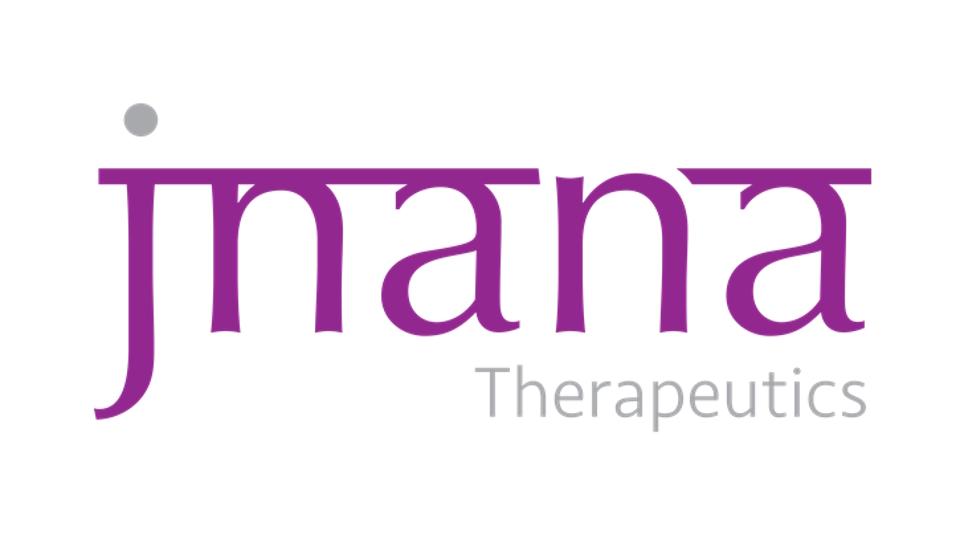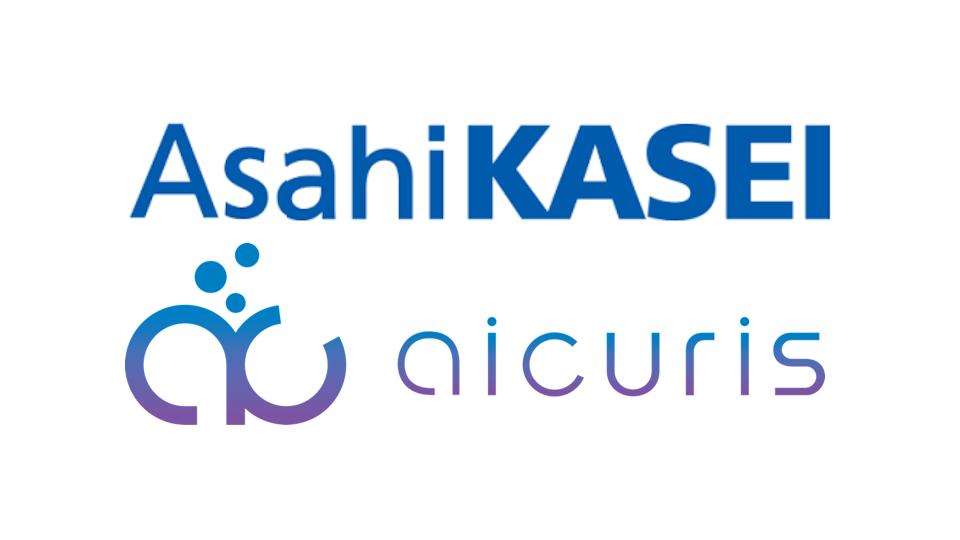Otsuka buys Jnana and PKU drug in $1.1bn deal

Japan's Otsuka Pharma has agreed to take control of US biotech Jnana Therapeutics in a deal that will give it rights to a clinical-stage candidate for the rare metabolic disorder phenylketonuria (PKU).
The acquisition – which is predicted to be completed in the third quarter of this year – will involve a payment of $800 million to Jnana's shareholders on closing, with another $325 million in development and regulatory milestones.
Otsuka said that the US biotech's chemoproteomics platform RAPID – used to generate small molecules that bind to protein targets – is complementary to the drug discovery engine deployed at its UK subsidiary Astex Pharma, acquired in 2013.
The lead programme to emerge from Jnana's platform is JNT-517, a small-molecule inhibitor of SLC6A19, which regulates amino acid reabsorption in the kidney and, according to Otsuka, could become a first-in-class, oral treatment for PKU.
PKU is a genetic disease that manifests at birth and results from an inability to break down phenylalanine (phe), an amino acid that is commonly found in many foods. Left untreated, high levels of the amino acid become toxic to the brain and may lead to serious neurological and neuropsychological issues.
The main treatment strategy is to restrict phe in the diet, a lifetime commitment that requires nutritional supplements to prevent deficiencies and one that is often still unable to control levels of the amino acid on its own.
There are a couple of drug treatments available, namely BioMarin’s enzyme-based therapies Kuvan (sapropterin) or Palynziq (pegvaliase), which are both approved to reduce levels of phe. However, they only work in a minority of patients and – in the case of Palynziq – can have serious side effects. Kuvan is dosed orally, while Palynziq requires a subcutaneous injection every day.
JNT-517 has shown promising preliminary activity in a phase 1b/2 proof-of-concept study reported in January, achieving a statistically significant mean blood phe reduction of 51% versus baseline over 28 days. There were no serious adverse events and no clinically significant changes in laboratory parameters, according to Jnana.
If completed, the acquisition will also bring Otsuka an early-stage programme looking at drugs targeting interferon regulatory factor 3 (IRF3), which could have potential to treat autoimmune and inflammatory disorders. Jnana, meanwhile, has a $2 billion partnership with Roche across cancer, immune-mediated, and neurological diseases.
"The addition of Jnana's drug discovery technology and small molecule pipeline in PKU and autoimmune diseases will strengthen our R&D in the Boston area of the US, one of the most important bioclusters in the world, and in a combined form will have a synergistic effect on Otsuka Pharmaceutical's global expansion," commented Otsuka's president, Makoto Inoue.
It's the second acquisition made by Otsuka in the last year, coming after it acquired Canada's Mindset Pharma, a specialist in psychedelic medicines for neuropsychiatric disorders, in a $60 million deal that closed last October.












